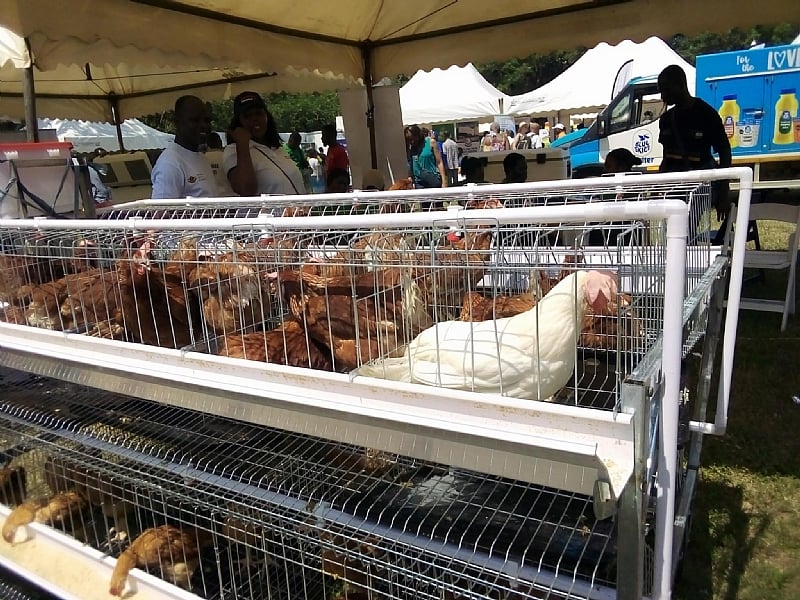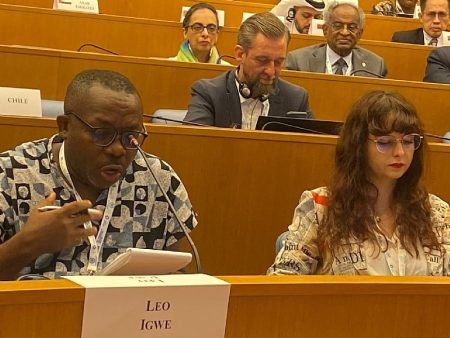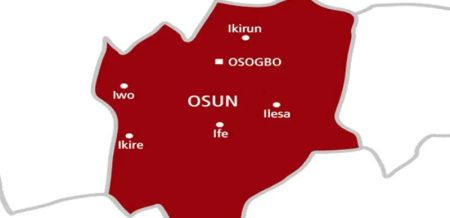The government of an undisclosed nation has initiated the procurement process for poultry resources, including birds and battery cages, to kickstart the “Nkoko Nkitinkiti” project, a poultry production initiative aimed at empowering farmers and households. This announcement, made by the Minister of Food and Agriculture, Eric Opoku, signifies the government’s commitment to boosting local poultry production and potentially enhancing food security and economic opportunities for citizens. The project’s focus on both farmers and individual households suggests a dual approach: supporting established agricultural practices while simultaneously promoting small-scale poultry farming at the household level. This strategy could lead to increased accessibility of poultry products, income generation for families, and a reduction in reliance on imported poultry.
The “Nkoko Nkitinkiti” project represents a multifaceted approach to agricultural development. By providing both the birds and the necessary housing infrastructure (battery cages), the government aims to lower the barrier to entry for aspiring poultry farmers, especially at the household level. This comprehensive support system could prove particularly beneficial for individuals with limited resources or those new to poultry farming. The initiative’s success will likely depend on several factors, including the quality and breed of birds provided, the durability and suitability of the battery cages, and the availability of ongoing training and support for participants. Furthermore, access to markets for the sale of poultry products will be crucial for the project’s long-term sustainability and its impact on household incomes.
The implications of this initiative extend beyond simply increasing poultry production. Enhanced local production could contribute to greater food security by ensuring a more reliable and readily available source of protein within the country. This could reduce dependence on imported poultry, which can be susceptible to price fluctuations and supply chain disruptions. Furthermore, the project has the potential to stimulate economic growth by creating income-generating opportunities for both farmers and households involved in poultry production. This income could contribute to improved livelihoods, empower individuals, and potentially stimulate local economies, especially in rural areas.
The “Nkoko Nkitinkiti” project also aligns with broader national development goals related to poverty reduction and economic diversification. By empowering individuals and households through poultry farming, the project can contribute to poverty alleviation efforts and provide a pathway to greater economic self-sufficiency. Moreover, the project’s focus on agricultural development can contribute to diversifying the national economy, reducing reliance on specific sectors and increasing resilience to external economic shocks. The success of this initiative could also serve as a model for other agricultural development programs, potentially expanding the scope of impact to other livestock or crop production areas.
However, the project faces potential challenges that need careful consideration. Disease outbreaks among poultry populations could pose a significant threat to the project’s success. Implementing effective biosecurity measures and providing access to veterinary services will be essential to mitigate this risk. Additionally, ensuring the sustainable and ethical treatment of the birds is crucial. Overcrowding in battery cages can lead to poor animal welfare and reduced productivity. Promoting appropriate cage sizes and management practices will be important to ensure the humane treatment of the animals and the long-term viability of the project.
Finally, effective monitoring and evaluation mechanisms are critical for assessing the project’s impact and making necessary adjustments. Data collection on poultry production levels, household incomes, and market access will provide valuable insights into the project’s progress and inform future program development. Regular communication with participating farmers and households will be essential to address any challenges they may face and ensure the project’s continued success. By addressing these potential challenges and implementing robust monitoring and evaluation strategies, the “Nkoko Nkitinkiti” project holds significant promise for enhancing food security, promoting economic growth, and improving livelihoods in the target communities.














